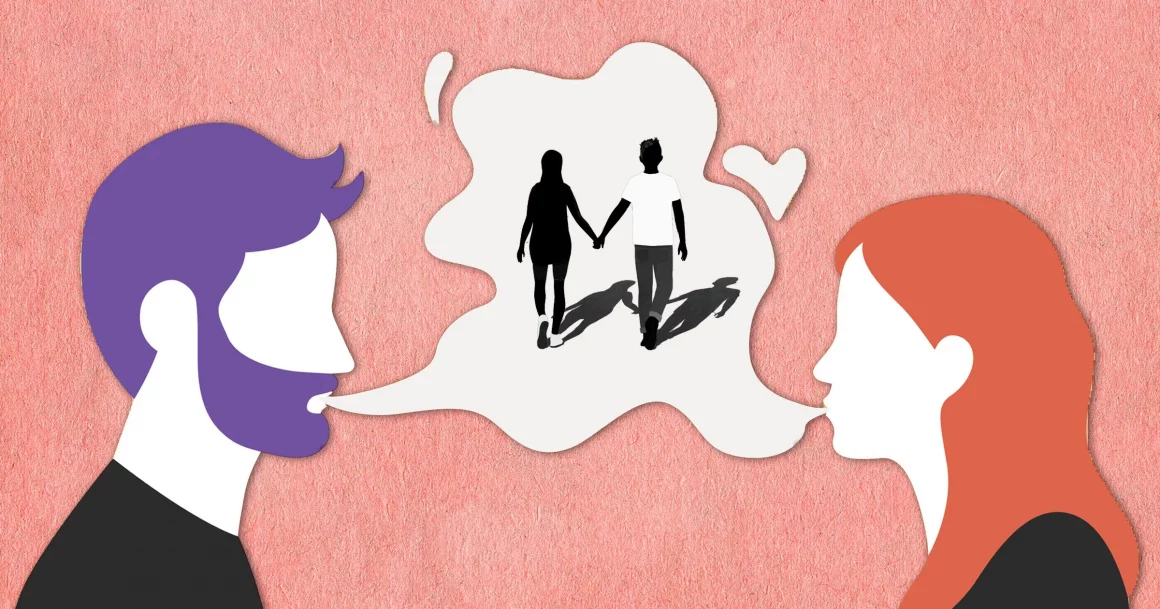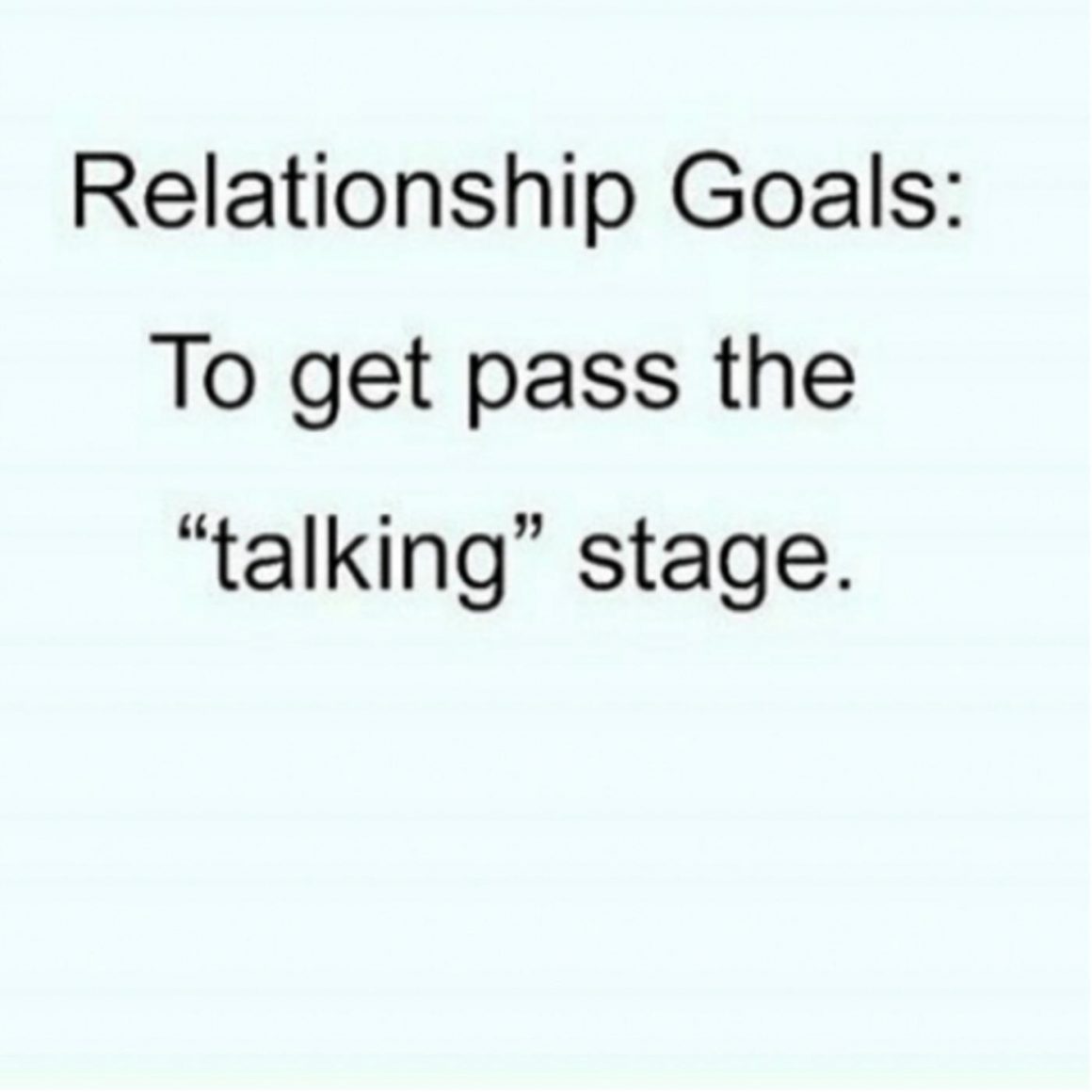There was a time when relationships followed a predictable script—boy meets girl, they date, get engaged, and eventually get married. Simple. Straightforward. Everyone knew the rules. Fast forward to today, and things are not so black and white. Welcome to the era of the talking stage, where relationships exist in a hazy, undefined space. It’s not quite dating, but it’s more than friendship. It’s a phase where you’re “getting to know each other,” but somehow, it can last for months or even years without clarity.
For many young Nigerians, this talking stage culture has become the default setting of modern relationships. And let’s be honest, it’s exhausting. Why is it so difficult for people to define their intentions these days? Why does asking “What are we?” feel like you’re suddenly auditioning for a role you didn’t even know existed? Let’s unpack the confusion.
The Talking Stage: What is it really?
The talking stage is that murky period before a relationship is officially defined. It’s when you’re chatting every day, going on dates, maybe even acting like a couple—but no one wants to admit what’s happening. You text “Good morning” and “Have you eaten?” religiously, you FaceTime until your phone overheats, and yet, there’s no official commitment.

This is the stage where people claim they are “just seeing how things go.” It’s an unspoken trial period, but the problem is, sometimes, no one knows when the trial ends—or if it even began in the first place. You could be stuck in the talking stage indefinitely, just vibing, without progress.
Why does the Talking Stage last so long?
1. Fear of Commitment
Many people enjoy the benefits of a relationship without actually committing to one. At a time when independence and “soft life” are glorified, some don’t want the pressure of exclusivity. They want companionship, but they also want the freedom to explore other options.
2. Too Many Options
Dating apps, social media, and even the rise of “networking” have made it easier than ever to meet new people. You’re talking to someone today, but in a few days, they’re suddenly “focusing on themselves” or “not in the right headspace.” In reality, they’ve likely met someone else. This culture of keeping options open means no one wants to lock themselves down too quickly.

3. Situationships as the New Normal
Gone are the days when people outrightly asked, “Will you be my girlfriend/boyfriend?” Now, it’s all about “vibes.” Many Nigerians have found themselves in full-blown relationships without an actual conversation to confirm it. And just like that, people can ghost or claim, “I never promised you anything.”
4. The “No Pressure” Movement
A lot of people now pride themselves on not taking things “too seriously.” Statements like “Let’s just see where this goes” and “I don’t like labels” are red flags disguised as nonchalance. It’s a way to enjoy the perks of a relationship without taking responsibility for it.
The Frustration of being in limbo
One of the biggest issues with talking stage culture is the emotional toll it takes. You’re investing time, energy, and emotions, yet you’re never really sure if it’s leading anywhere. Do you act single? Do you wait for a sign? Do you bring it up and risk “ruining the vibe”?

For many Nigerian women especially, there’s an added layer of societal pressure. Family members start asking, “So who is he?” But what do you say when you yourself don’t know? Meanwhile, for men, the fear of being seen as too serious too soon means they often avoid defining things until they absolutely have to.
Can we fix this?
The talking stage isn’t inherently bad—it’s important to get to know someone before committing. The problem is when it drags on endlessly with no direction. So, how do we make modern dating less confusing?
1. Be Clear About Intentions Early On
If you’re looking for a serious relationship, say it. If you’re just having fun, be honest about it. The problem often lies in people pretending they want something casual when they know they want commitment—or vice versa.
2. Set a Timeline
If you’ve been talking for over three months and there’s no clarity, you probably need to have a conversation. If they panic at the question, “Where is this going?” then you already have your answer.
3. Watch Actions, Not Just Words
Someone can say all the right things and still waste your time. If they’re inconsistent, avoid talking about the future, or always leave things vague, they’re likely not serious.
4. Don’t Settle for Less
If you want commitment, don’t accept half-baked efforts. If they like you, they will make it clear. If they don’t, you’ll always be left second-guessing.
So, what next?
The talking stage doesn’t have to be an emotional rollercoaster. It should be a phase of intentional connection, not confusion. At the end of the day, relationships—whether casual or serious—thrive on clarity. The more we normalize direct conversations, the less we’ll find ourselves stranded in yet another talking stage that leads to nowhere.














